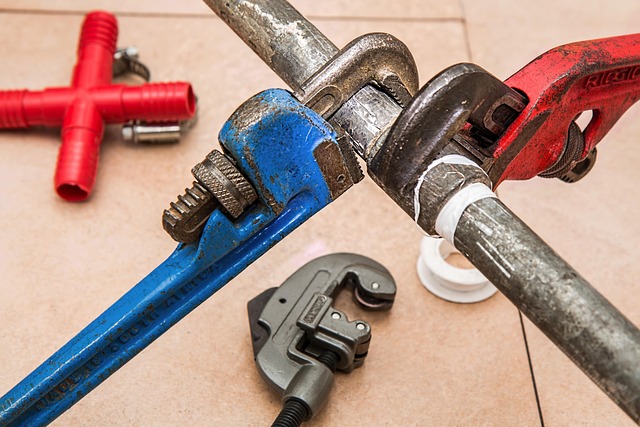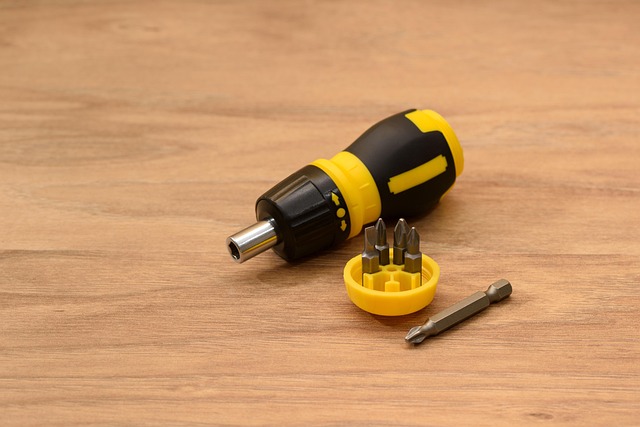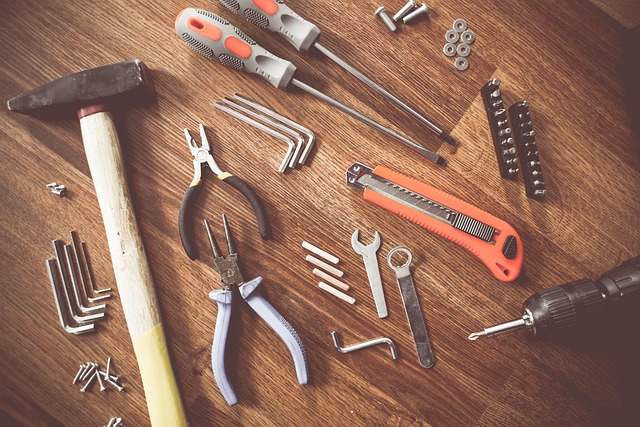DIY projects can be rewarding but often hit common pitfalls like mishandling tools, misreading instructions, or inadequate planning. To avoid failures, prioritize safety by wearing protective gear, understanding guidelines, and seeking professional advice. Prepare thoroughly, gather materials in advance, and break down tasks. Regularly maintain your tools to minimize DIY disasters. For complex repairs, hire a handyman with specific skills and tools, saving time, ensuring quality work, and potentially enhancing home value.
Struggling with DIY projects that leave more frustration than fulfillment? You’re not alone. Many well-intentioned homeowners hit snags, from leaky faucets to loose doors. This guide navigates common DIY failures and offers handyman solutions for a smoother home repair and maintenance journey. Discover essential tools to tackle frequent issues head-on. Learn when hiring a handyman is the best course of action, empowering you to make informed decisions for your next project.
- Common DIY Failures and How to Avoid Them
- Essential Tools for Repairing Common Issues
- Hiring a Handyman: When and Why It's Worth It
Common DIY Failures and How to Avoid Them

Many would-be DIY enthusiasts bite off more than they can chew, tackling complex projects beyond their skill level. Common DIY failures include mishandling power tools, misreading instructions, or failing to plan adequately. For instance, attempting a roof repair without proper safety measures or expertise can lead to serious accidents.
To avoid these pitfalls, prioritize safety first. Wear appropriate protective gear and follow manufacturer guidelines for tool usage. Thoroughly read and understand project plans before starting, gathering all necessary materials in advance. Break down large projects into manageable tasks and seek advice from experienced professionals when uncertain. Regular home repair and maintenance, such as keeping tools sharpened and well-maintained, also contributes to avoiding DIY disasters.
Essential Tools for Repairing Common Issues

When it comes to DIY projects, every handyman faces their fair share of challenges. Certain tasks, despite initial enthusiasm, can quickly turn into frustrating hurdles. The key to overcoming these obstacles lies in arming yourself with the right tools. Essential for navigating home repair and maintenance, these tools are designed to tackle common issues efficiently. From screwdrivers and pliers to tape measures and levelers, having a well-stocked toolkit is invaluable.
Imagine a scenario where a simple door knob replacement turns into a struggle due to stripped screws or a wall hanging fails to stay straight because of an uneven surface. The right tools provide the precision and control needed to avoid such headaches. With them, even minor repairs become manageable, saving time, money, and preventing further damage—a true game-changer for any DIY enthusiast.
Hiring a Handyman: When and Why It's Worth It

Hiring a handyman can be a game-changer for DIY enthusiasts who find themselves stuck halfway through a home repair or maintenance project. While many people opt to take on these tasks themselves, there are instances where doing it yourself is simply not feasible or advisable. This is especially true for complex jobs that require specific skills and tools.
When considering hiring a handyman, remember that their expertise lies in navigating the intricacies of various home repairs and installations. From fixing leaky faucets and replacing broken light fixtures to assembling furniture or hanging shelves, professional handymen can save you time and ensure the job is done right. This is particularly valuable for homeowners who lack the necessary tools or confidence to tackle certain tasks independently, ultimately making it a wise investment in your home’s upkeep and value.
When DIY projects go awry, knowing handyman solutions can save time and frustration. Whether it’s a common DIY failure or an unforeseen issue, having essential tools at hand and understanding when to hire professional help can turn any repair into a manageable task. By equipping yourself with the right knowledge and resources, you’re well-prepared for effective home repair and maintenance.
